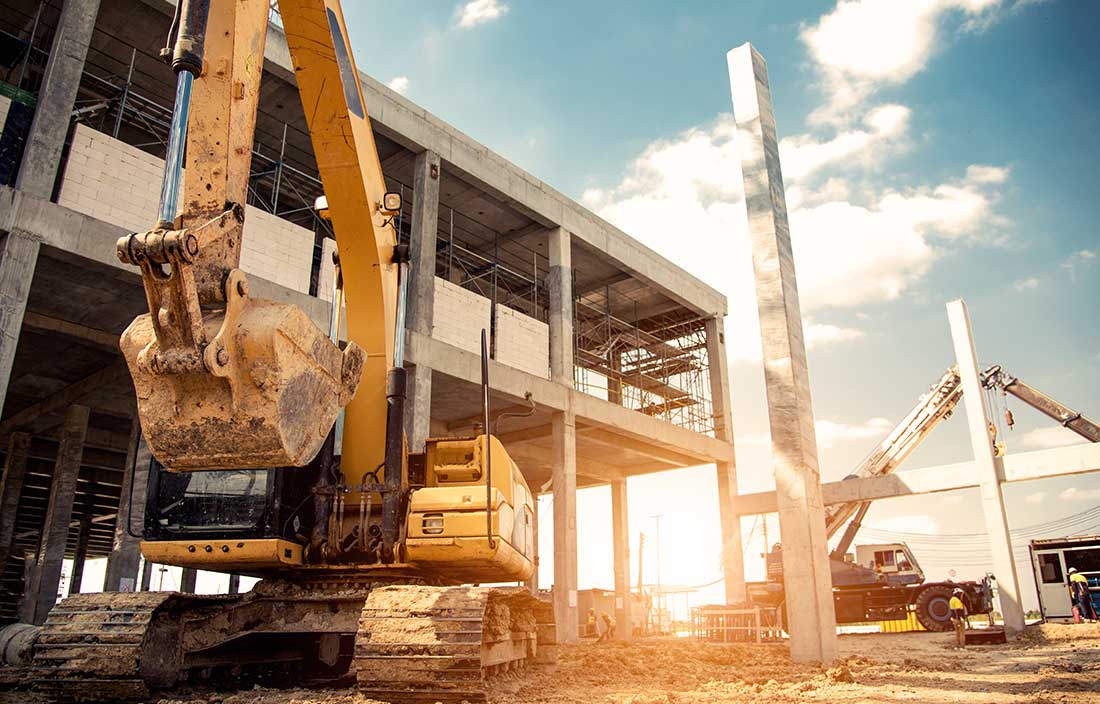When it comes to construction projects, planning is essential for success. Taking the time to map out every detail of a project beforehand can mean the difference between an efficient and successful endeavor and a costly and chaotic one.
With careful consideration given to each step in the planning process, from budgeting and scheduling to selecting materials, potential issues can be avoided before they become major problems later on.
By looking at all angles of a construction project before any work begins, contractors can ensure that their projects are completed within budget, on time, and up to code.
Develop a Clear Budget

Creating a clear budget for any project is essential in ensuring that the construction process goes smoothly. Taking the time to plan out your budget before beginning will help identify potential issues, as well as provide an accurate timeline of when certain financial milestones need to be met.
By breaking down costs into smaller pieces and allocating funding appropriately, you can ensure that each step of the project meets its goals without exceeding its allotted resources.
This approach also allows for more flexibility if changes occur during construction. Establishing a detailed but realistic budget helps keep everyone involved on track and focused on achieving success.
Secure Reputable Contractors and Subcontractors

Securing reputable contractors and subcontractors is key to a successful construction project. An experienced contractor who has the right skills, knowledge, and equipment can make all the difference in completing your project on time and under budget.
It\’s important to thoroughly vet your potential contractors by conducting comprehensive background checks that include interviews with former clients and references as well as a review of any applicable licensing requirements.
Additionally, you should ensure that all contracts are clear in outlining expectations for both parties involved. By taking these steps during the planning phase of your project you can help ensure that it will be completed successfully from start to finish.
Identify Project Risks and Mitigation Strategies

Identifying potential risks and developing strategies to mitigate them is a key part of planning a successful construction project. Every project has its own set of unique challenges, but common risks include delays in the delivery or installation of materials, safety hazards, budget overruns, and changes in scope.
Taking the time to assess these potential issues before they become costly problems can save money and help ensure that all timelines are met. One way to identify and address these risks is by creating an assessment plan with input from stakeholders throughout the process. This plan should include assessing areas such as material availability, labor costs, geographical considerations (such as weather patterns) as well as risk management protocols for any unexpected issues that may arise during the project.
By having a clear understanding of what could potentially go wrong ahead of time, teams can develop contingency plans which will minimize disruption in case something does occur. Additionally, this proactive approach allows teams to allocate resources accordingly so that deadlines remain achievable despite any unexpected obstacles along the way. For larger projects with more complex needs, teams need to have access to outside expertise if needed to anticipate potential roadblocks down the line.
In some cases this might involve engaging specialist contractors or bringing on additional manpower; either way, ensuring there is sufficient capacity available when required helps guarantee success even under difficult circumstances. Lastly, ongoing communication between stakeholders at every step will provide further assurance that whatever arises can be addressed swiftly with minimal impact on a timeline or performance goals.
Monitor Communication, Progress, and Quality Assurance

To ensure a successful construction project, monitoring communication, progress, and quality assurance should be at the forefront of any plan. This includes ongoing dialogue with all parties involved in the project to guarantee everyone is on the same page.
Regular updates about progress must be made, as well as inspections for quality control to make sure that all standards are being met. A detailed timeline should also be established from day one so that tasks can be tracked and deadlines are properly managed.
Additionally, strong problem-solving skills will come into play when unexpected obstacles arise to help keep things moving along swiftly and efficiently. Following these steps during each stage of construction, it will ensure that a satisfactory result is achieved without any costly delays or disruptions.
Conclusion

Planning is the key to a successful construction project. With the help of BuildOps, a cloud-based platform designed to manage budgeting, scheduling, and more in one convenient location, projects can be managed with ease.
By tackling potential issues before they arise and staying organized with BuildOps’ intuitive layout, construction professionals can make sure their projects are completed on time and within budget.
When planning for any undertaking – big or small – BuildOps is an invaluable tool that will ensure success with every venture!






